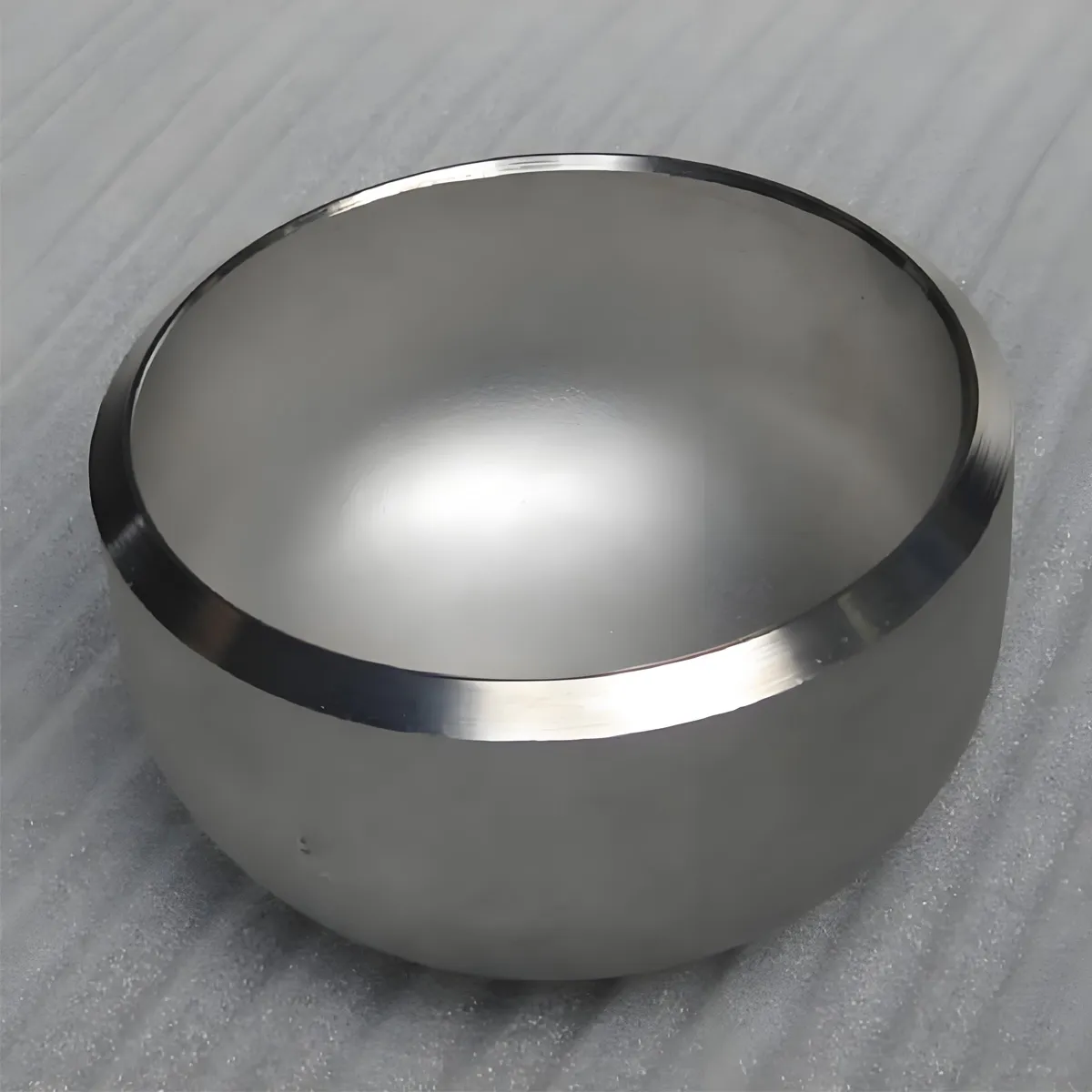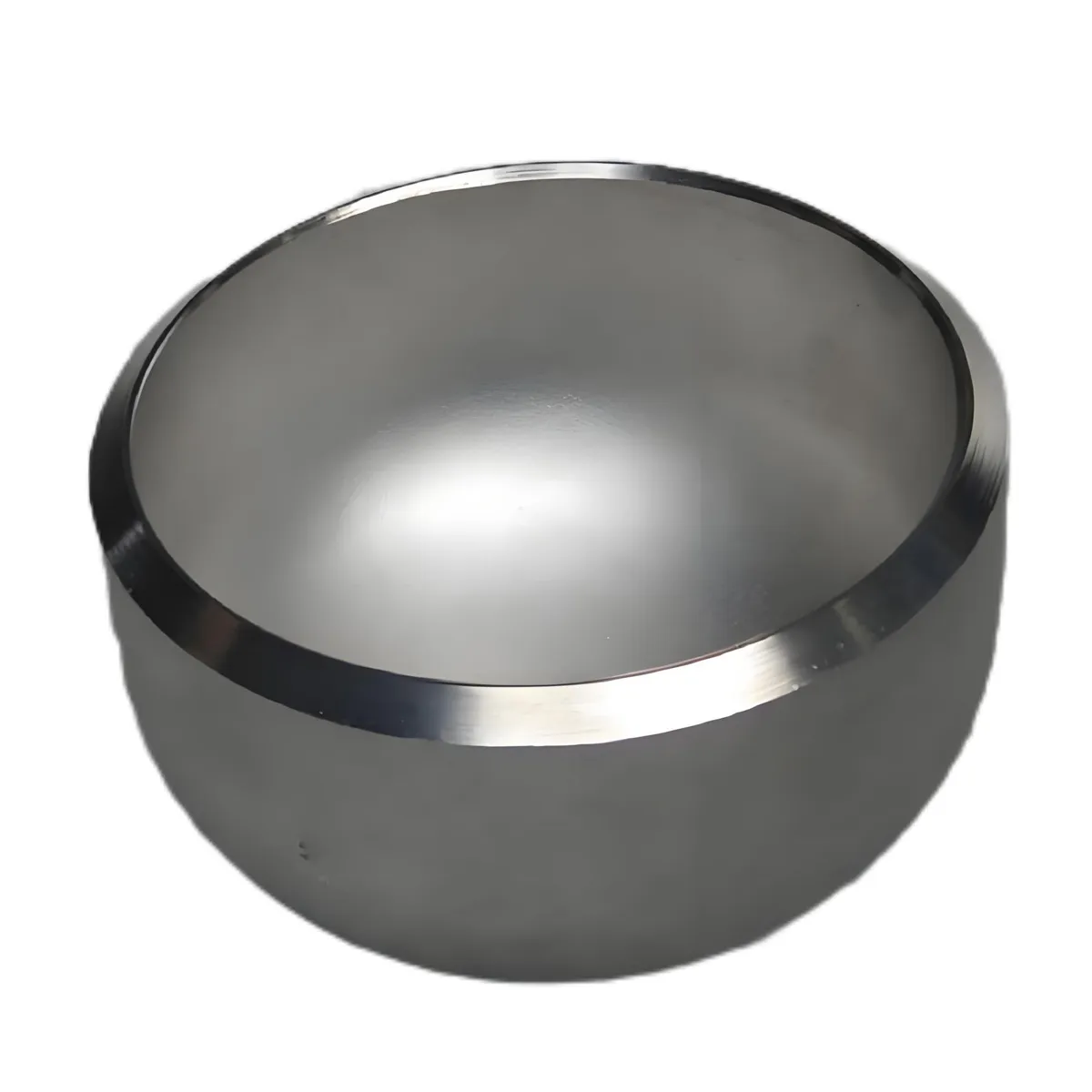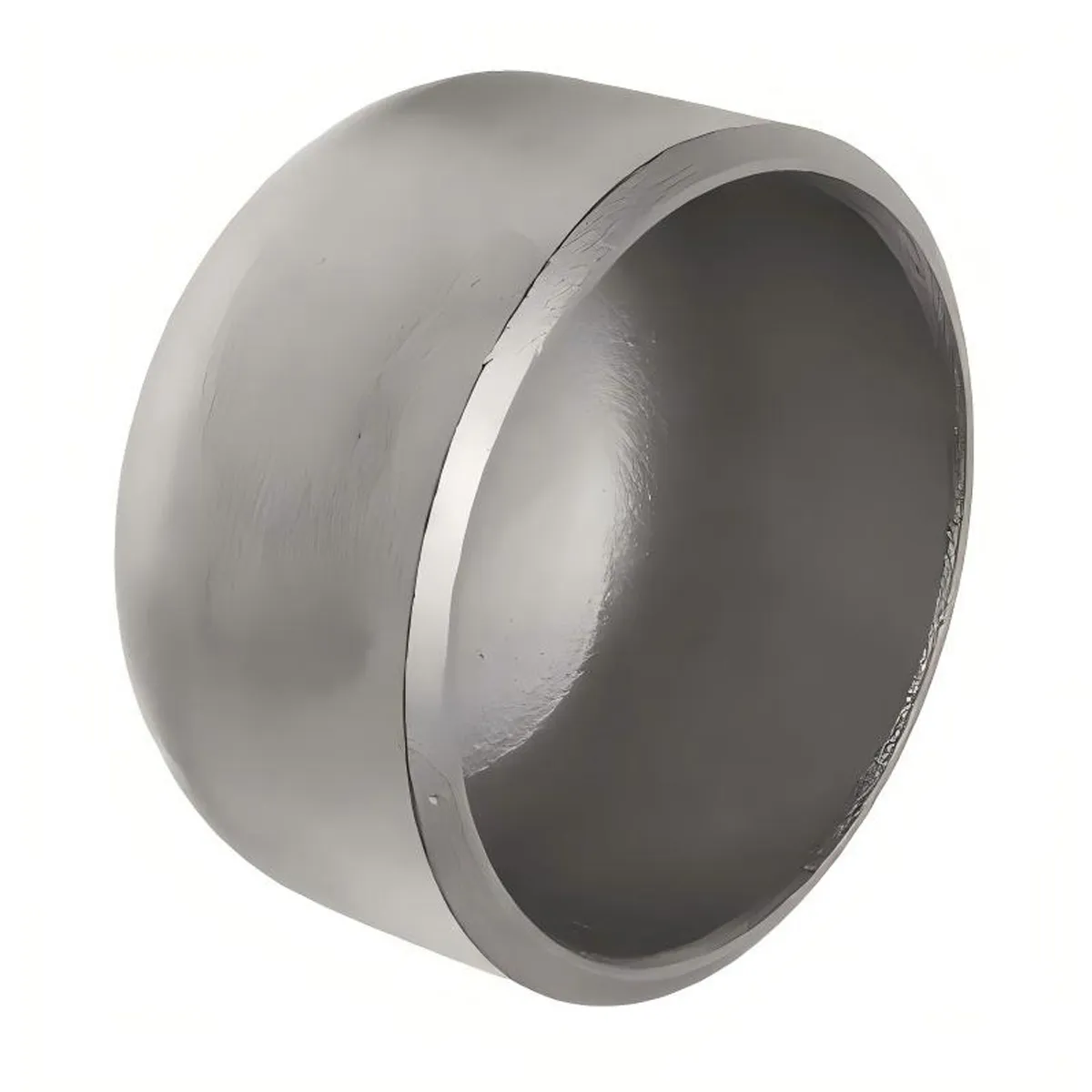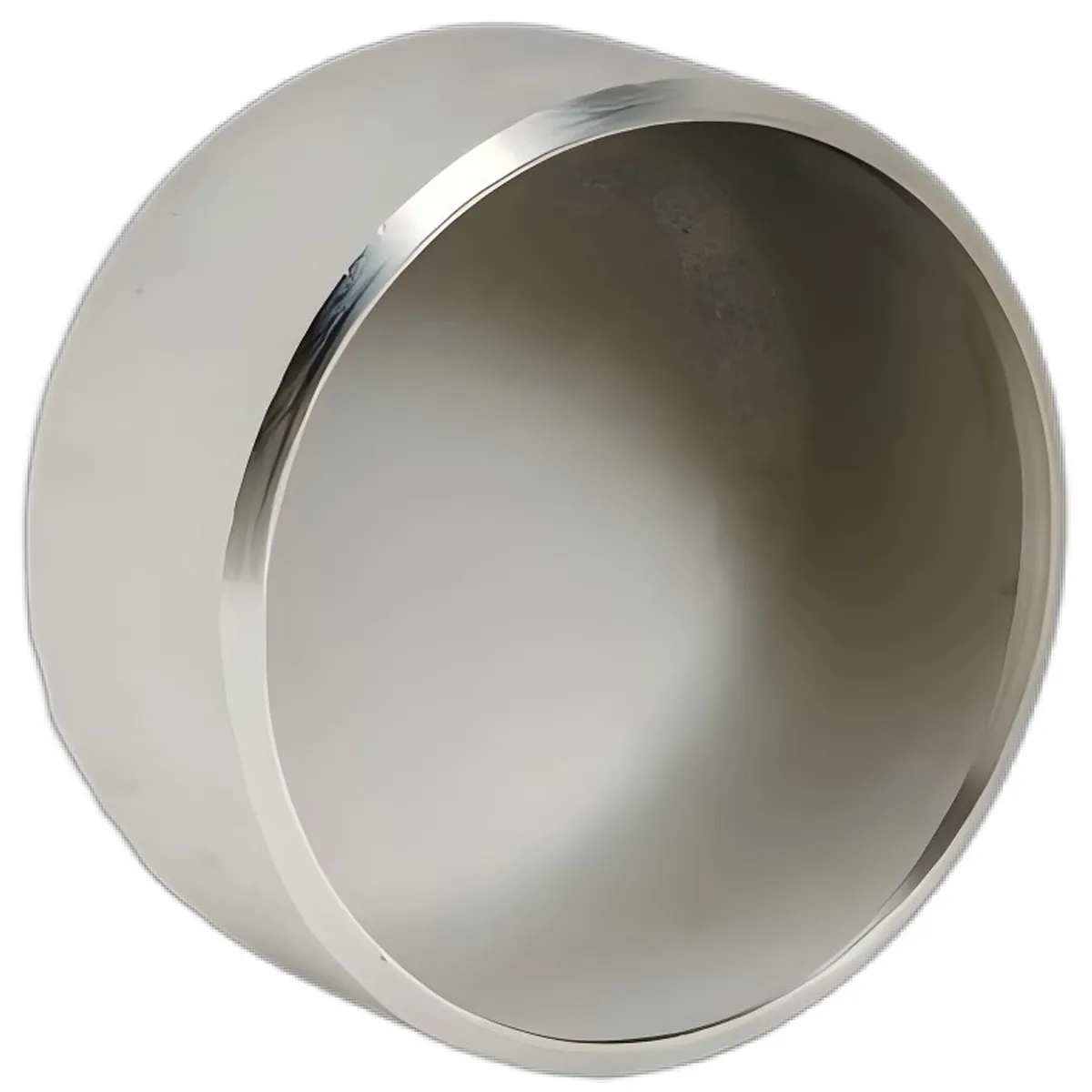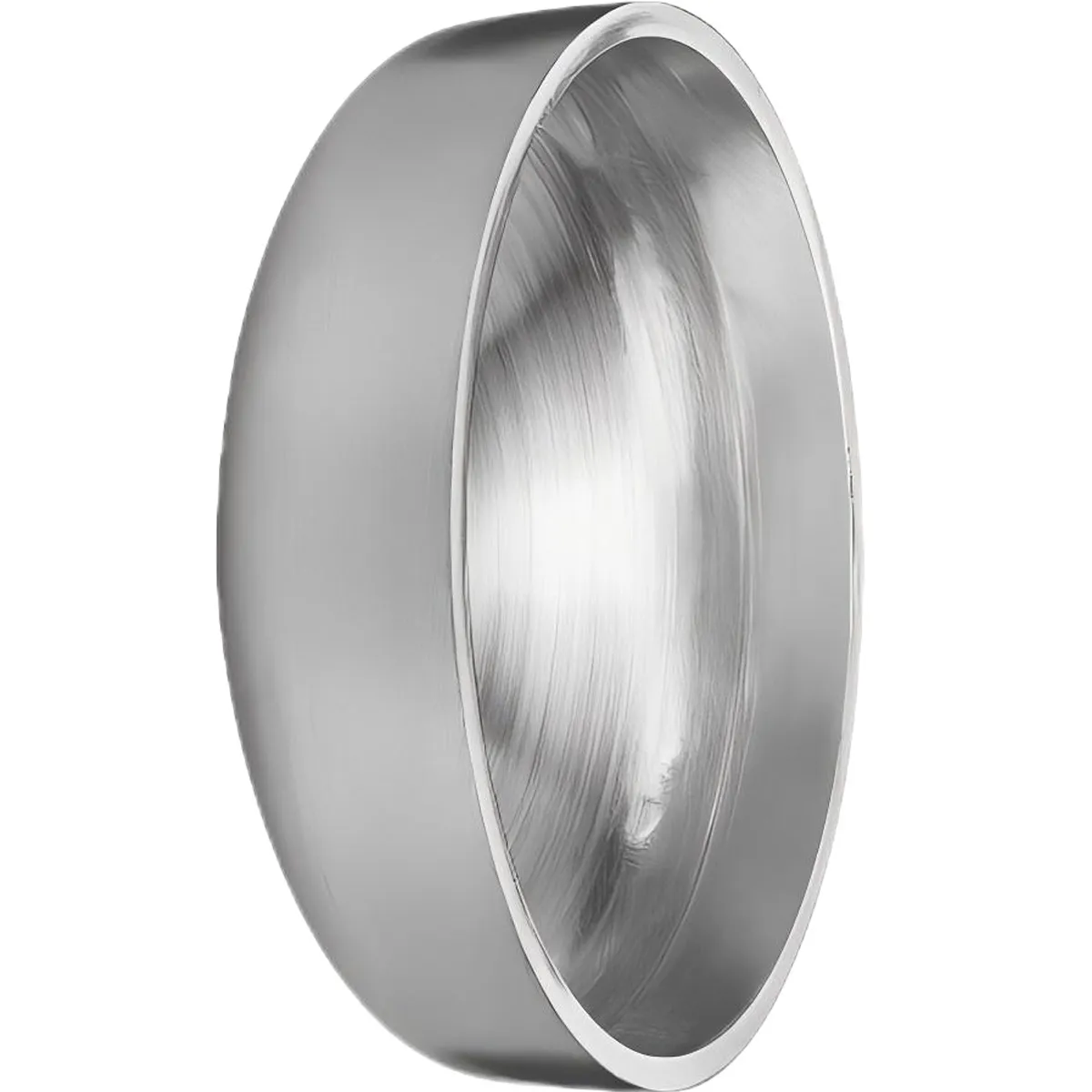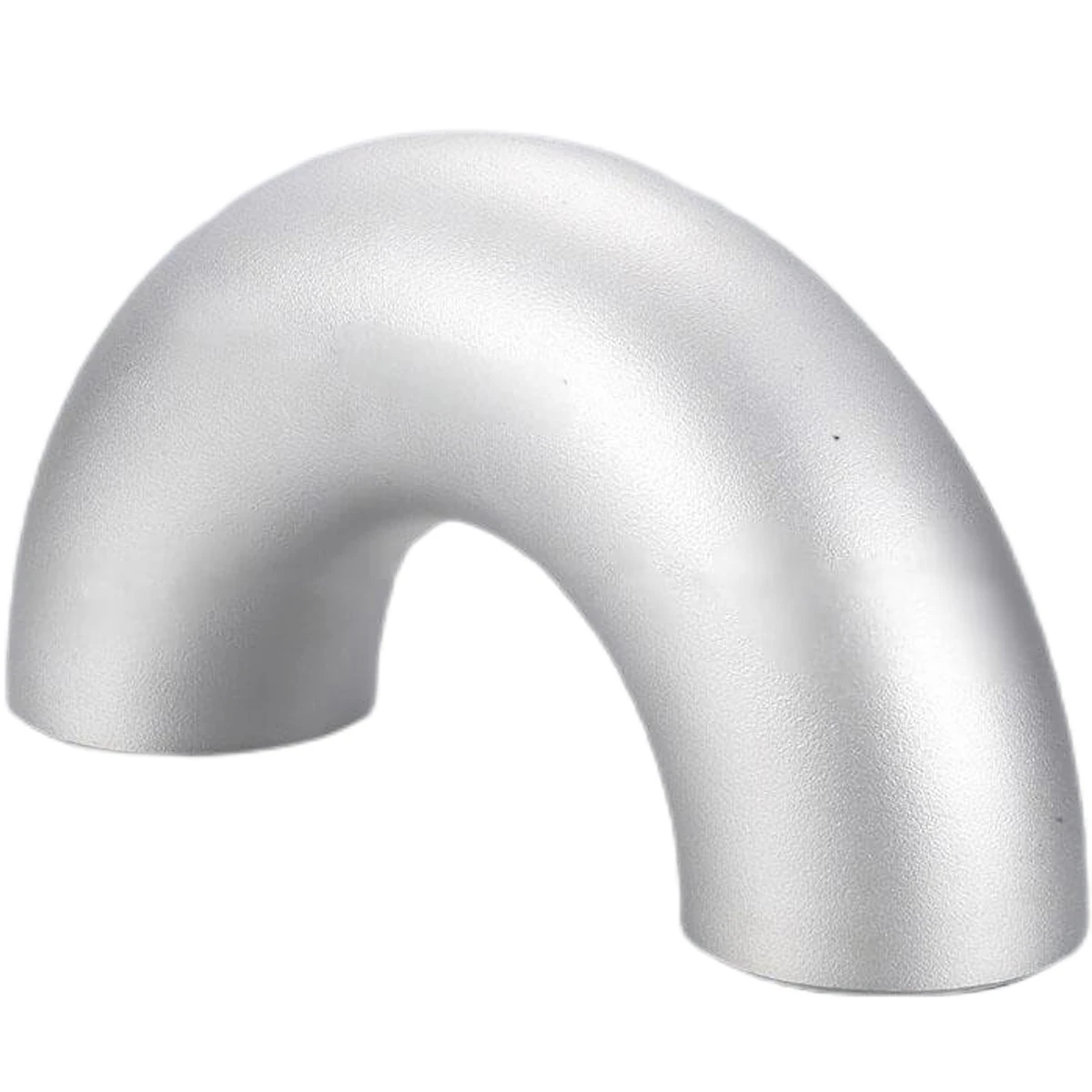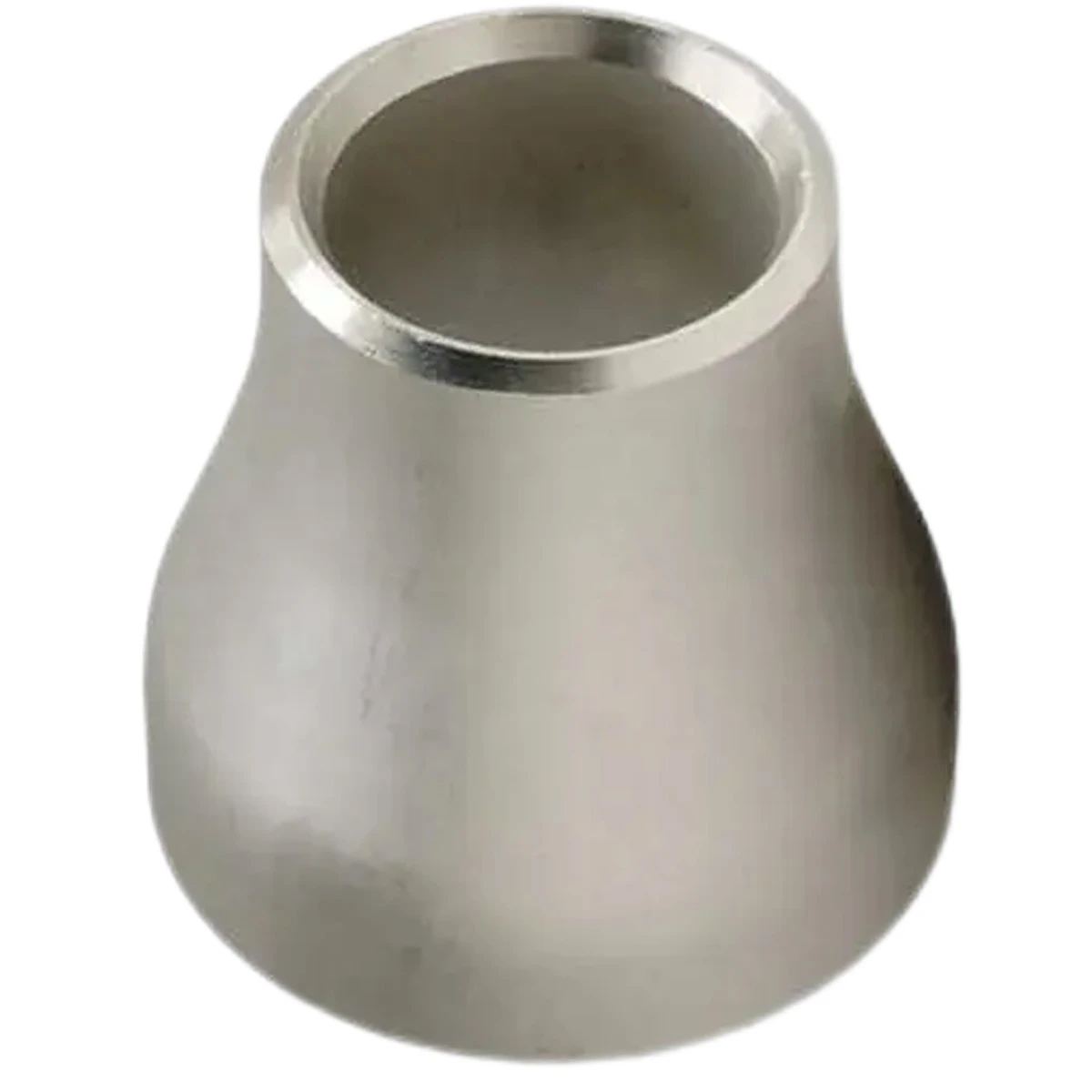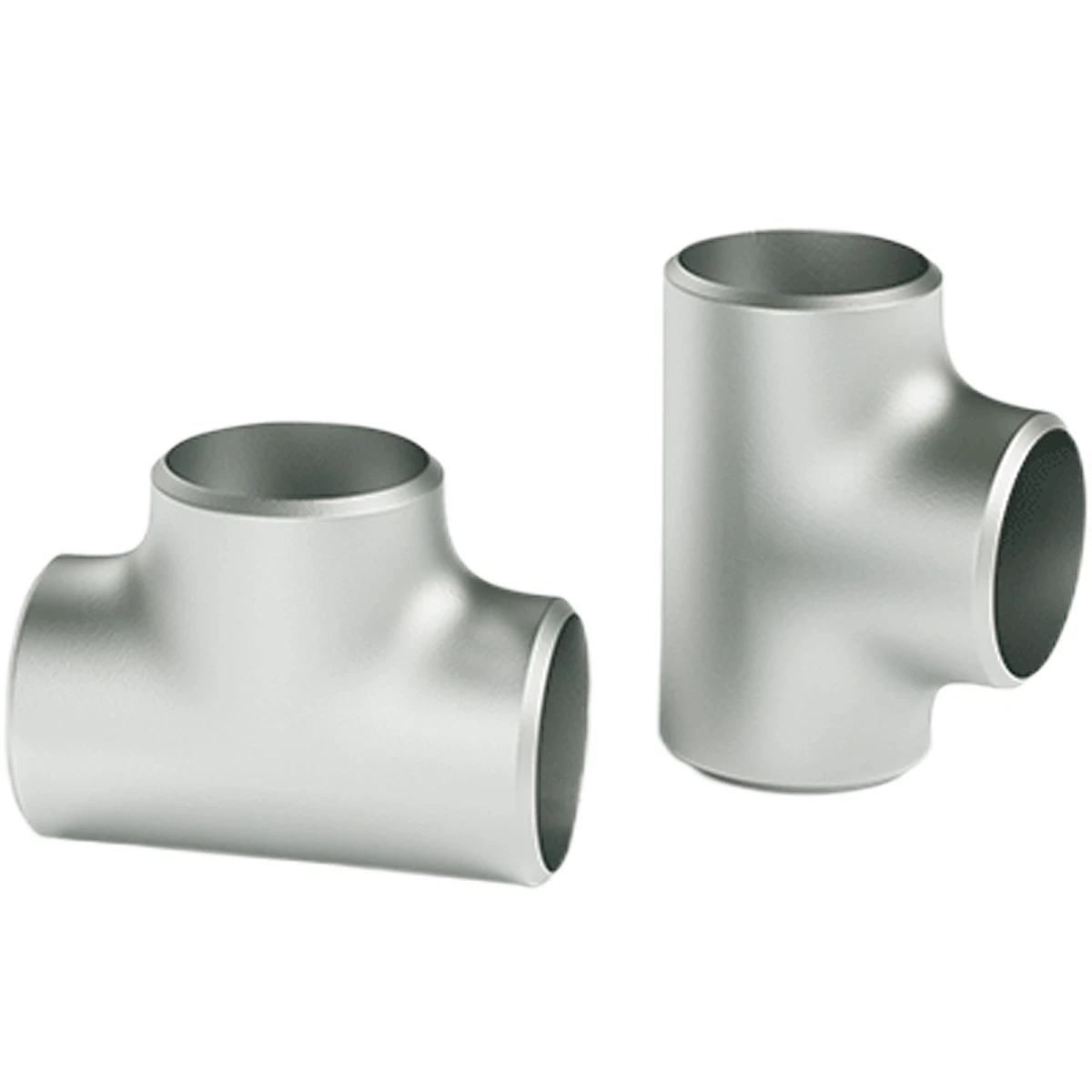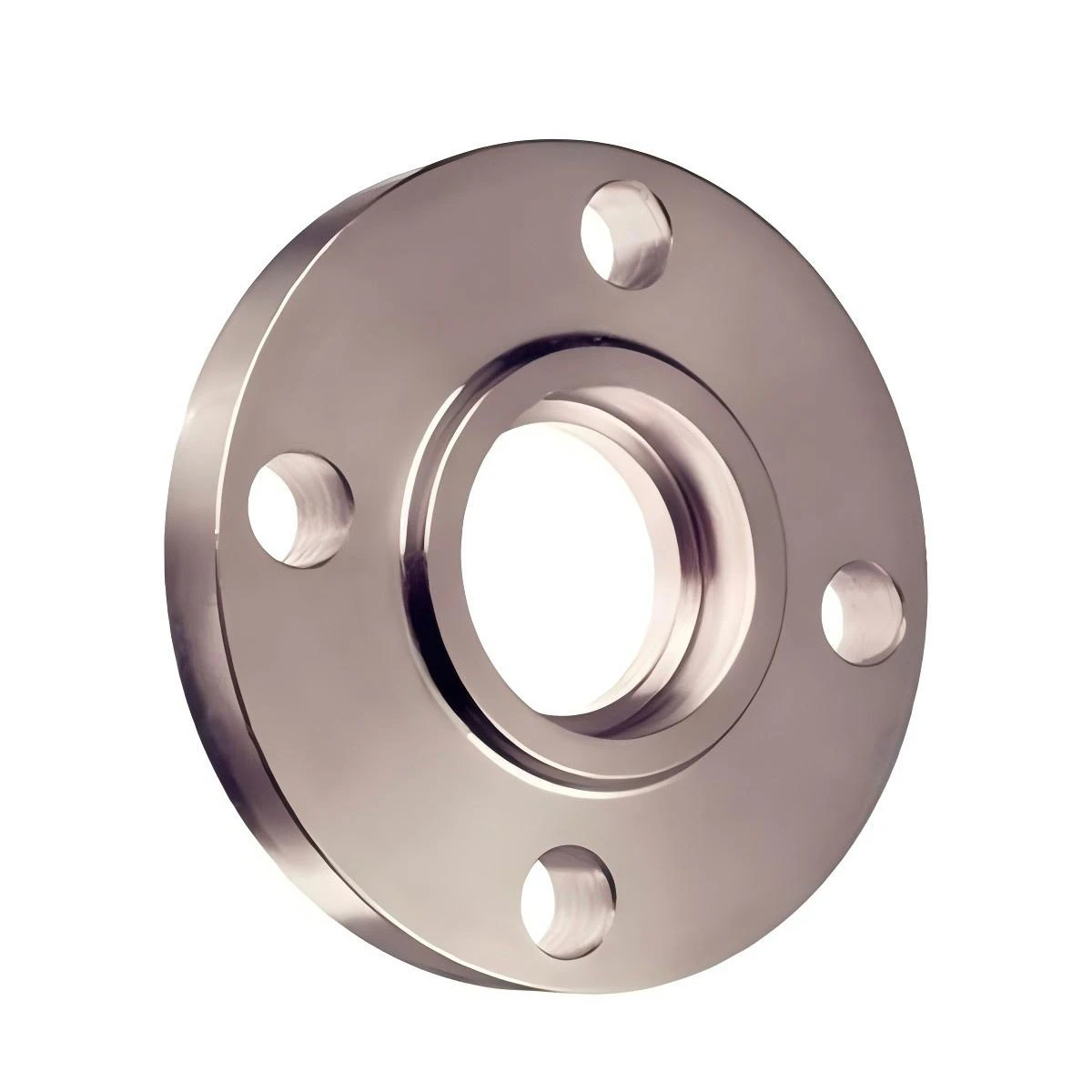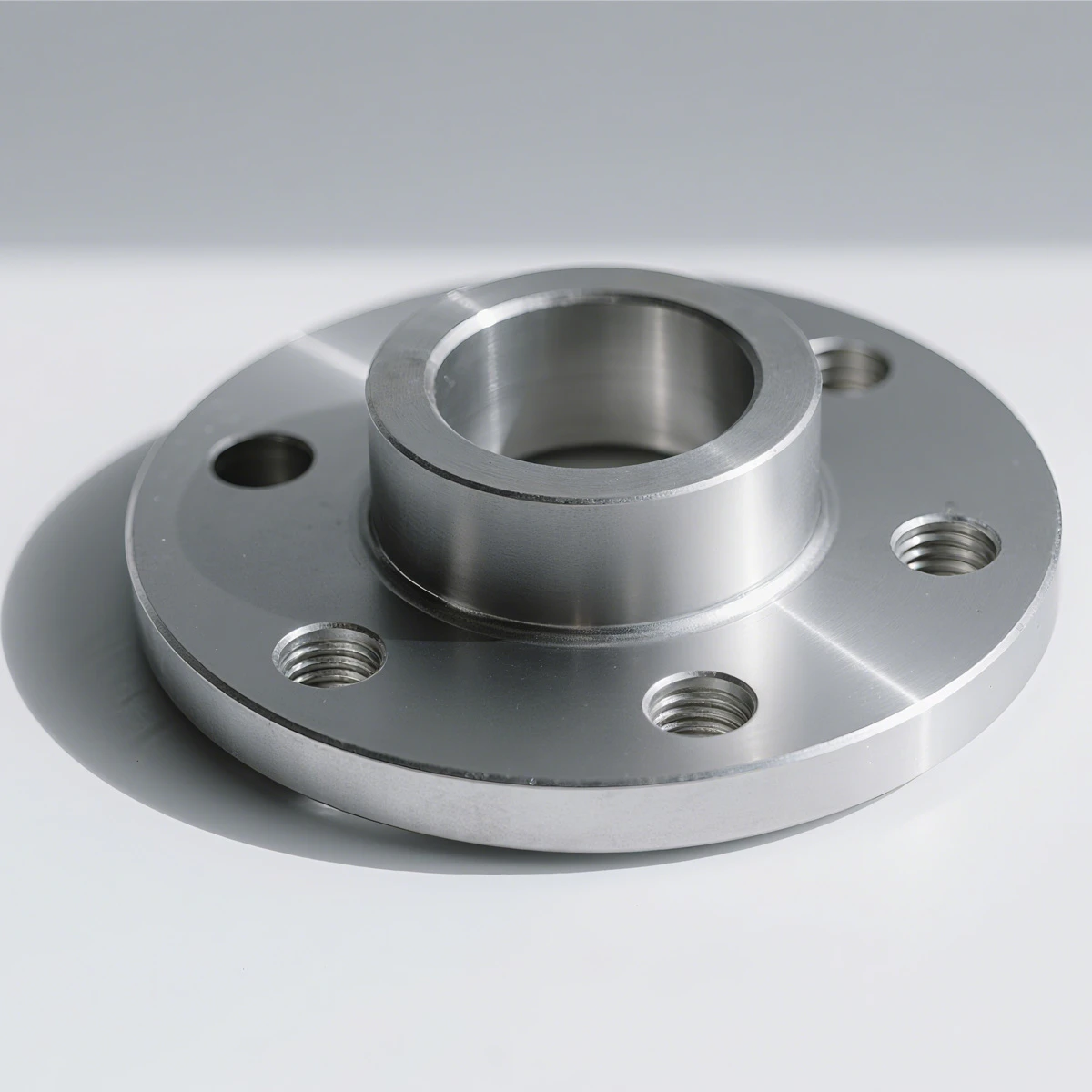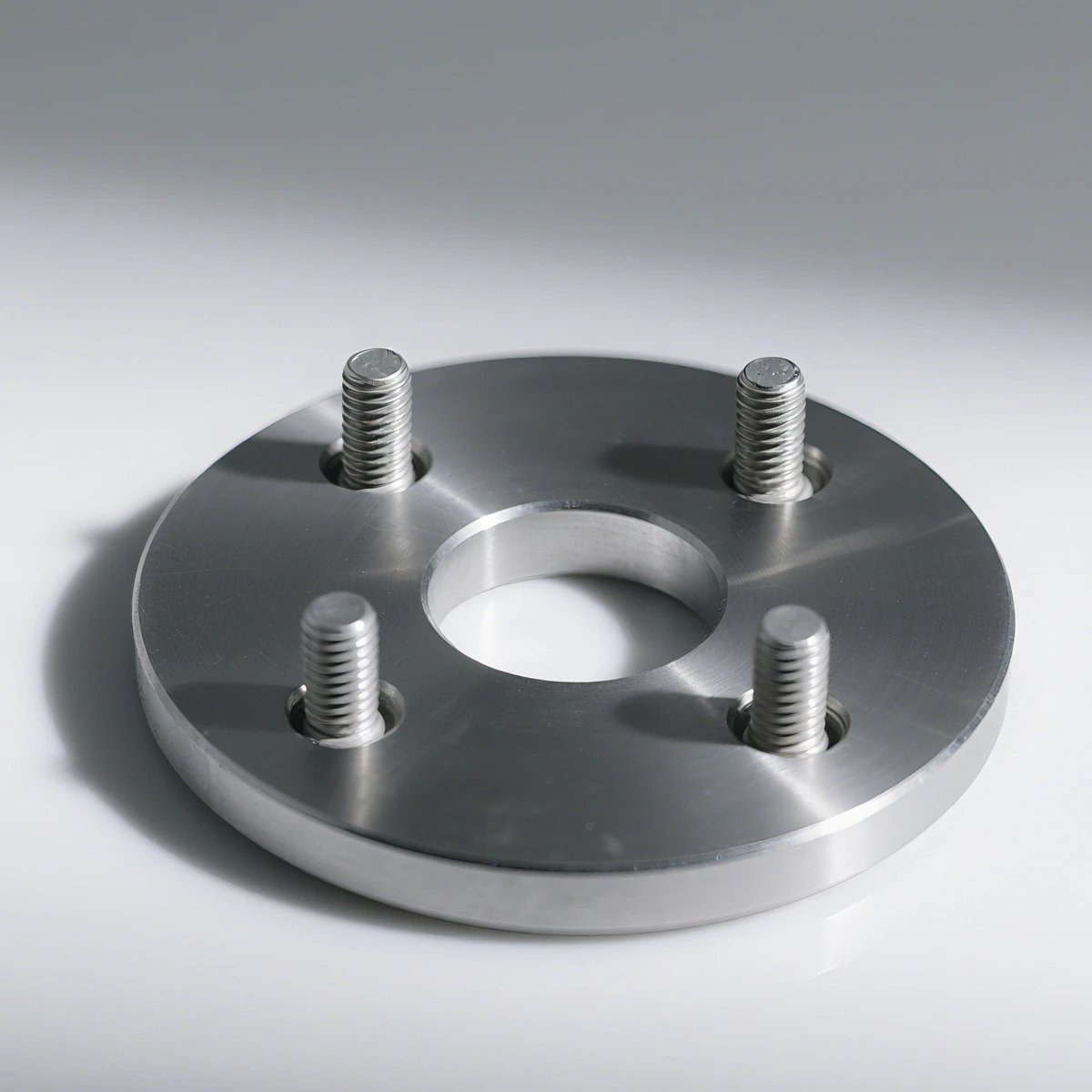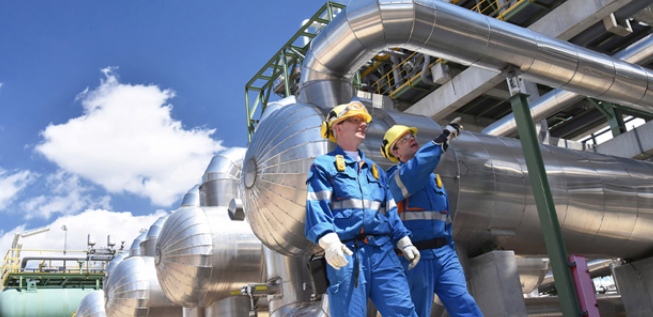A pipe cap is a fitting used to seal the end of a pipe, providing a secure, leak-proof closure. It is designed to fit over the pipe's end and is commonly welded, threaded, or flanged to ensure a tight seal.
|
Caps |
|
Description: Caps |
|
DN/INCH:15/ ½Inch - 900/ 36Inch |
|
MAR:CS(ASTM A105P235GH/P245GH/P250GH/P265GH/ST37-2)SS(ASTM A182/304/306) |
|
Surface Coating:Black paint/Galvanize/Grease/Epoxy paint |
|
With a thicker wall than our standard-wall butt-weld pipe fittings, these offer high strength while providing a smooth connection for maximum flow. They have beveled ends that, when flush to pipe, create a trough for a leak-resistant, permanent weld. |
A pipe cap is a fitting used to seal the end of a pipe, providing a secure, leak-proof closure. It is designed to fit over the pipe's end and is commonly welded, threaded, or flanged to ensure a tight seal. Pipe caps are available in a wide range of materials, including carbon steel, stainless steel, and alloy materials, to meet the demands of various applications. These caps are essential for preventing contamination, maintaining pressure integrity, and ensuring safety in piping systems. They are widely used in industries such as oil and gas, water treatment, and chemical processing, as well as in construction and HVAC systems.
Our pipe caps are engineered to provide a durable, high-quality solution for sealing pipe ends in a variety of industrial applications. Made from corrosion-resistant materials like stainless steel and carbon steel, these caps offer excellent performance under high pressure and temperature conditions. The caps come in different sizes and designs, including threaded, welded, and flanged options, ensuring compatibility with various pipe systems. Easy to install and maintain, our pipe caps provide a reliable barrier against dirt, debris, and other contaminants, ensuring the continued efficiency and safety of your piping infrastructure.
Our pipe caps are widely used in a variety of industrial and commercial applications where the secure closure of pipe ends is essential. They are commonly applied in oil and gas pipelines, chemical processing plants, water treatment facilities, and power generation systems to prevent the ingress of dirt, moisture, and other contaminants. Pipe caps are also used during pressure testing of pipelines, temporarily sealing off sections to check for leaks and structural integrity. In construction and plumbing, they help protect open pipe ends from damage during installation or transportation. Additionally, pipe caps are valuable in systems that require future expansion, allowing for easy access while keeping the system sealed until needed. Their durability and corrosion resistance make them suitable for both above-ground and underground installations, providing long-lasting protection and reliability in harsh environments. With various connection types available—such as threaded, welded, and flanged—our pipe caps offer versatile solutions for virtually any piping system.
What is a cap fitting used for?
A cap fitting is used to close the end of a pipe or a fitting, effectively sealing the system and preventing the flow of fluids, gases, or contaminants. It is an essential component in plumbing and piping systems, offering both temporary and permanent sealing solutions. Cap fittings are commonly used during pressure testing, allowing sections of the pipeline to be isolated and tested for leaks or structural integrity. They are also used to protect pipe ends during transport, storage, or construction, preventing damage and contamination. In industrial applications, such as oil and gas, chemical processing, and water treatment, cap fittings help maintain system safety by securely sealing unused pipe ends. Available in various materials like stainless steel, carbon steel, PVC, and copper, cap fittings can be welded, threaded, or socketed depending on the system's requirements. Their versatility, durability, and ease of installation make them a vital component in any piping infrastructure.
What is a tube cap used for?
A tube cap is used to seal or close the end of a tube, providing protection and preventing the escape or entry of fluids, gases, dust, or other contaminants. Tube caps are commonly applied in hydraulic, pneumatic, and structural systems to either permanently or temporarily close off tubing. They help maintain pressure, protect the tube from damage during shipping or installation, and prevent corrosion or debris buildup inside the tube.
Tube caps can be made from a variety of materials, including metal (such as stainless steel or aluminum) and plastic (such as PVC or polyethylene), depending on the application. They are used in industries like automotive, aerospace, medical devices, construction, and manufacturing. In some cases, they also serve an aesthetic or safety purpose, covering sharp tube edges. Overall, tube caps are essential for protecting system integrity and extending the lifespan of tubing components.

